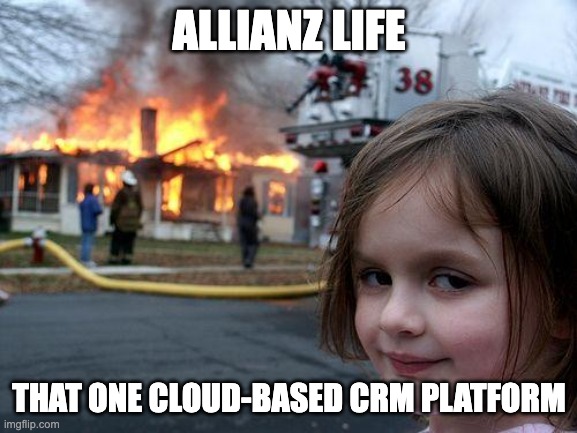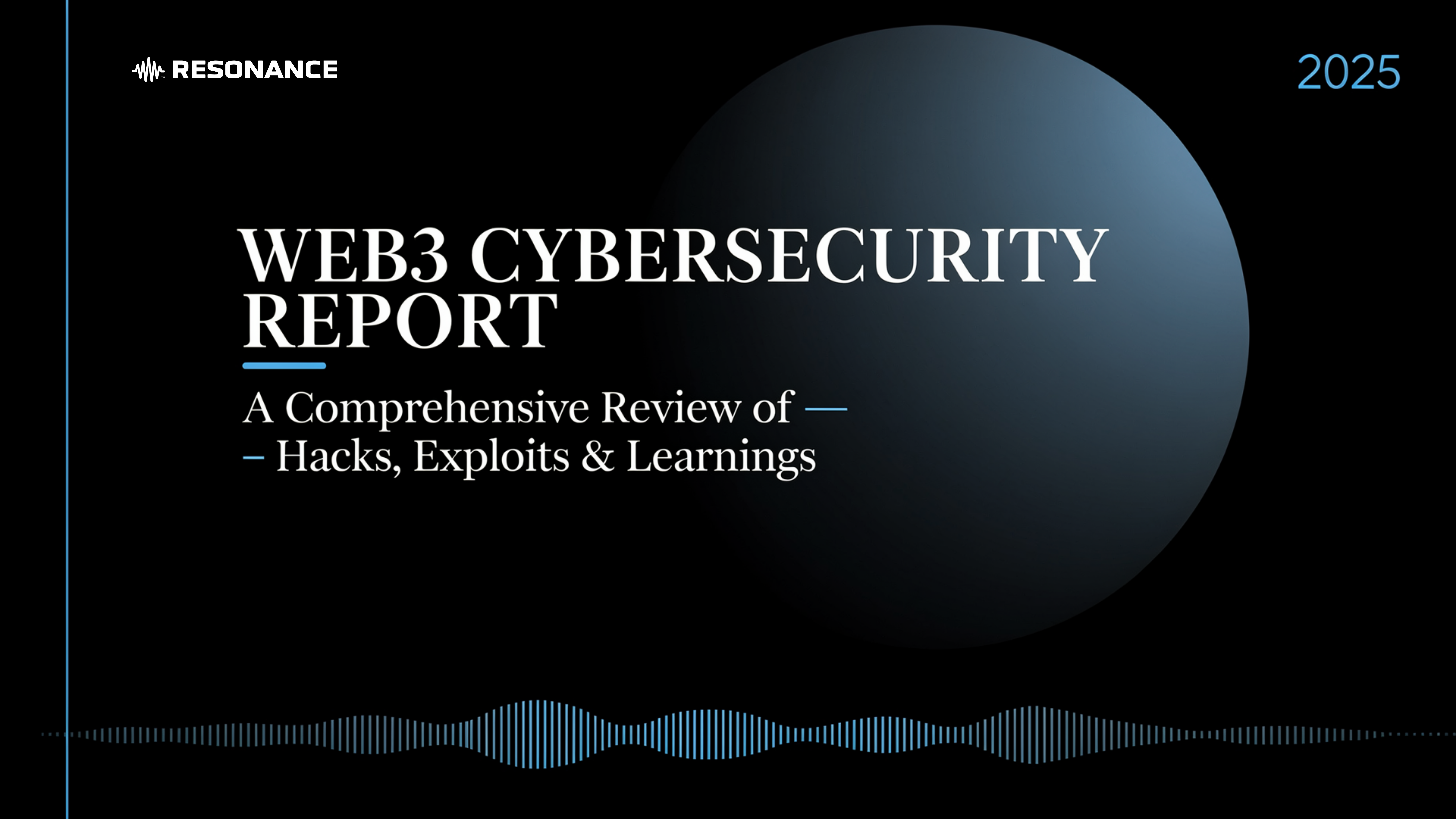Breaches are becoming routine, but this one hits differently. A massive insurer undone not by elite zero-days, but by old-school social engineering and vendor fragility. Allianz Life, one of the largest insurers in the U.S., has confirmed a data breach impacting most of its 1.4 million American customers, financial advisors, and even employees. The cause? Not a sophisticated zero-day exploit, but something far more common (and unsettling): social engineering and a compromised third-party CRM system.
Let’s break down how this happened, why it’s more than just “another breach,” and what it says about the state of enterprise security in 2025.
How the Allianz Breach Happened
On July 16, 2025, attackers successfully social-engineered their way into a cloud-based customer relationship management platform used by Allianz. Once inside, they exfiltrated sensitive PII (names, addresses, birth dates, emails, and potentially more), affecting the vast majority of Allianz’s U.S. customers.

Allianz was quick to stress that its core internal systems (policy and admin infrastructure) were untouched, and no direct financial accounts were accessed. But make no mistake: a leak of this scale can fuel phishing, fraud, and identity theft campaigns for years.
What’s more interesting (or alarming) is that Allianz took roughly 9–10 days to disclose the breach publicly, only confirming details after it was filed with Maine’s Attorney General. That delay, while technically permissible, leaves a sour taste in the mouth when you’re talking about millions of exposed identities.
The Real Problem: Humans and Vendors, Not Just Hackers
Here’s the bitter truth: this wasn’t a “master hacker” story. It’s yet another reminder that:
- Humans remain the weakest link. A single vendor employee falling for the right pretext can give attackers the keys to the kingdom.
- Third-party risk is exploding. Nearly 30% of breaches now involve third-party systems, double the figure from just a year ago. Allianz’s breach is a textbook case.
- Data-rich, business-critical platforms like CRMs often fly under the radar for security hardening, even though they house massive troves of customer data.
The Overlooked Angles
Most headlines covered the scale of the breach, but few mentioned:
- Speculation of ShinyHunters’ involvement. This prolific data-theft crew has a track record of breaching CRMs and selling or leaking the data. While Allianz hasn’t named them, threat intel circles point their way.
- No ransomware, just pure data theft. This wasn’t about locking systems; it was about stealing information, fast and quietly.
- The disclosure delay. Those nine days may not violate the law, but they erode trust, especially when attackers are likely already monetizing the data.
Lessons for Enterprises (and Their Vendors)
- Treat vendor systems as extensions of your own attack surface. A breach at your CRM provider is effectively a breach at your company.
- Make social engineering defenses a priority. Simulated phishing, continuous training, and rapid reporting can’t just be for your direct employees; vendors need it too.
- Demand audit trails and breach SLAs from vendors. If your customer data is at risk, so is your brand.
- Accelerate disclosure. Being proactive earns more trust than waiting for regulatory filings to surface.
The Takeaway: Your Security Chain is Only as Strong as Its Weakest Link
The Allianz breach is a stark reminder: cybersecurity isn’t just about your firewalls and your code; it’s about every human and system connected to your business. You can harden your servers and encrypt every database, but if a CRM vendor’s employee clicks the wrong email, your customers are exposed.
It’s time for companies to:
- Map out every third-party integration.
- Layer continuous monitoring and anomaly detection over vendor access.
- Build incident response plans that account for breaches outside your direct control.
Because if your vendor can leak millions of identities with one phone call, the next headline could have your name on it.
How Resonance Security Can Help
At Resonance Security, we don’t just protect your internal systems; we secure your entire ecosystem, from vendors to the cloud to your frontline employees. We help enterprises build zero-trust vendor strategies, deploy real-time monitoring, provide security training to employees, help run phishing simulations to find out the weakest points, and even help respond to breaches before they spiral.
Book a free vendor risk consultation call today, and let’s lock down your weakest links before attackers exploit them.
















.png)